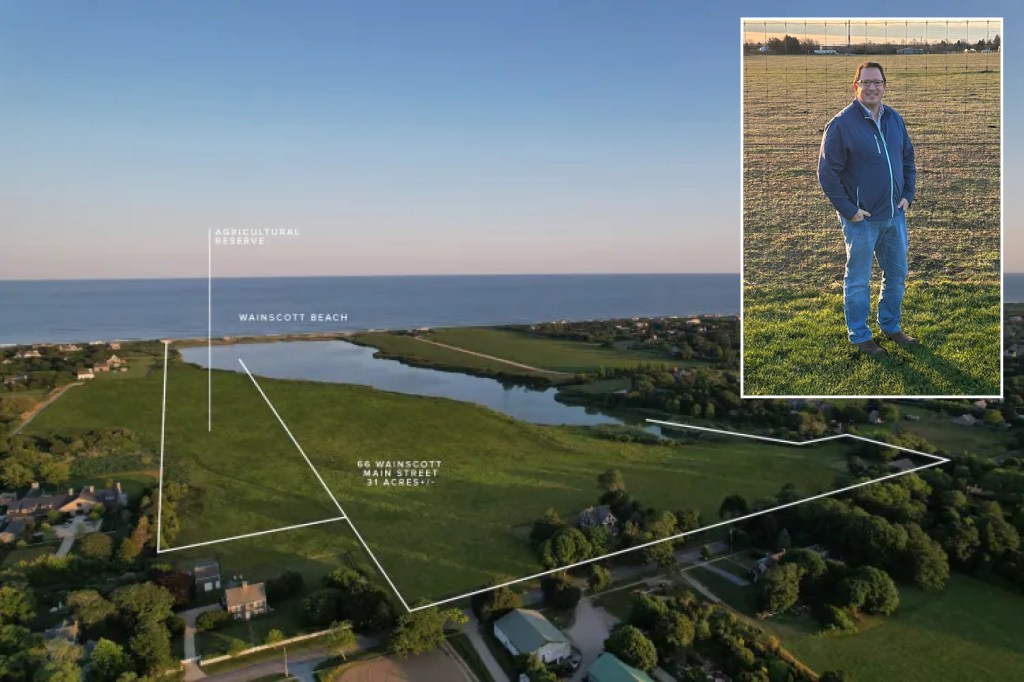Woeful Brexit: Why Solve This Complex Issue by Popular Vote?

So here’s some of the fallout of Britain leaving the European Union (EU). Scotland may secede from England and stay in the EU. Northern Ireland may secede and stay in the EU. The Spanish could overrun Gibraltar. As for Great Britain, it seems it will now become Mini Britain and fall into a steep decline.
The whole Brexit thing reminds me of what happened 10 years ago when the five eastern towns of Long Island—Southampton, East Hampton, Riverhead, Shelter Island and Southold—tried to cut away from Suffolk County to create Peconic County.
This was a very serious business. Because of one person, one vote, the five eastern towns had only two members in the Suffolk County Legislature. The more populated six western towns had 17. Basically, Western Suffolk had its way with Eastern Suffolk. (Suffolk pays out far less money to the East End than the East End pays in.)
Those of us wishing to break away followed all the rules. We got a charter, we got tacit approval from the state to proceed. The support in the five eastern towns was overwhelming. Petitions were signed and sent to Albany. All that was needed was the state providing a specific procedure for the East End to hold a vote, which we would win in a landslide. It never happened. A single individual, Sheldon Silver, the now disgraced but at that time powerful Speaker of the State Assembly, refused to let the bill out of committee. Ever.
I’m told the referendum to leave the European Union was entirely the fault of the British Prime Minister John Cameron, who, squabbling with his Conservative party, agreed to hold a referendum in exchange for his party’s dropping their objection to some minor legislation he wanted passed. He was just so sure the country would stay in the EU. Then, in the run-up to the referendum, suddenly discovering it was going to be very, very close, he announced that the decision, whatever it was, would be final. There would never be another referendum. This would be it. Many felt he said these things in an attempt to scare the populace into voting to stay.
All this raises the issue of whether or not the people, in a democracy, know what’s good for them. On simple issues, it’s easy. Vote for this one or that one. Listen to what they say. Decide who you think would be better.
But where you have a complex economic situation such as the European Union, is it really reasonable to expect the general public to even be able to assess what is going on?
In America, we vote particular individuals to represent us in the Senate or Assembly. It is they who decide complex things yay or nay, with a further review and signing into law by a President. If after a while we don’t like what they’ve done, we vote them out.
In a way, that is what Sheldon Silver did regarding Peconic County. He assessed it. He blocked it. We definitely didn’t like it. It was the end. But that doesn’t mean we can’t bring it up again.
Who cares if Prime Minister Cameron said there would never be another referendum? He is now resigning in disgrace. Someone new will now be elected Prime Minister—not by the people but by a vote of members of Parliament. There is nothing to prevent the new Prime Minister from getting up and saying, Well, Mr. Cameron said it wouldn’t be brought up again, but that’s not what I say. We are bringing it up again. Look at this mess. Or, alternately, he could say that the law requires that members of Parliament vote the exit. And we will not be bringing that up. (Shades of Mr. Silver.)
I mean, you get 100 Englishmen in a room and 52 say we exit the EU and 48 say we stay. Sounds like a big extended family at a dinner where at the end everyone agrees to disagree.
Well, that might happen in America. But not in Britain. Britain is Britain. They have tea. Then Parliament votes to leave the European Union because the public voted for that.
In America, if one section wishes to leave, which it said it did in 1861, we go to war and force the country to stay together. That’s why Lincoln is on Mt. Rushmore.



